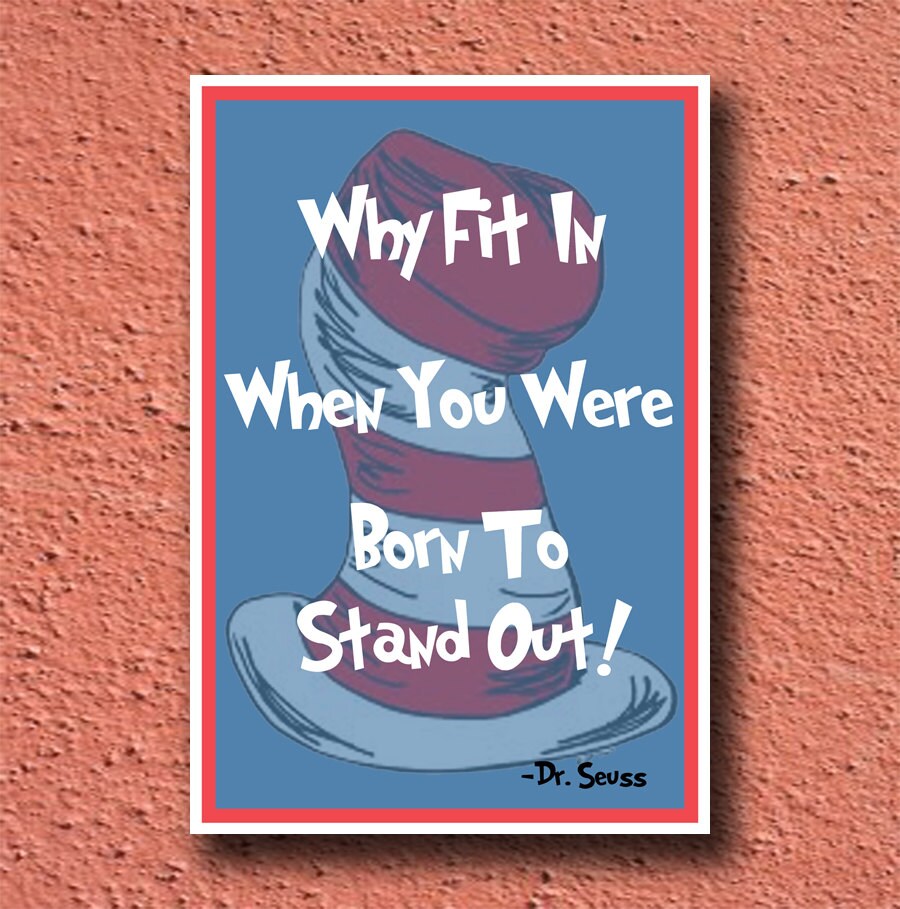"Don't make me live for my Friday nights" has been replaced with "afterall, there's only one more sleep til Friday!" Damn. I am not amused. This wasn't supposed to happen this way!
Eventually the Prime Directive of the Twentysomething will wear off, and I'll turn 30 and go "oh fuck oh fuck oh fuck!" as is apparently the custom, since almost all of my closest friends who have achieved that age have had something of a crisis over it.
Something about the idea of success has changed in me lately too. It used to be success was making enough money to pay all of my bills and make some headway in my credit card debt. Then success came from doing things I hadn't ever done before. Recently, success was something as simple as keeping a meal down, or eating it in the first place. Now... success is bullshit.
I don't mean to say that it's not important to have goals and to work to achieve them, that's fine. It's this idea that "once I have/do/am X, I'll be successful, which means" whatever you want it to mean. I've begun to realize that that isn't even important. Having, doing, or being something doesn't mean shit if you're unhappy. Actually, even if you're happy those things don't mean anything, because being happy is what's important and a happy person is happy whether they languish in poverty or dive into vaults of gold coins a la Uncle Scrooge McDuck*.
So, I don't know. Maybe the idea of success is just a piece of cheese designed to keep us in the rat race. Obsessing over our life situation makes us unhappy, when if we could just let that all go and sit down and breath for a moment, everything feels much better.
Earlier tonight, after a long day exhausted by Monday's glutenizing**, I went to an event where I had arranged a little booth and smiled at people for two hours. I was doing other things, of course, but most of what I was doing was smiling at people and being friendly. During this time, I forgot about being exhausted, and my relative level of pain diminished. I was there, in the moment, feeling and acting happy, and it actually felt good. I didn't feel especially successful in that moment (and I don't now either), but I was doing something that gave me life and energy, so maybe it was a form of achieving success.
I keep thinking what 10-year-old me would think of my life, and I realized MAN! 10-year-old me would LOVE my life! I have men paying attention to me. I have a real bed. I have tons of books - oh, and computers, man 10-year-old me would be so jazzed that I can talk to any one of my friends in seconds from a square little thing in my pocket and I don't even have to make a phone call! Plus, unlimited Star Trek. 10-year-old me would dig that so hard and fast. But then I get bogged down by all that grown-up bullshit...
Not even the working and paying bills part. I understood that when I was a kid***. The grown up bullshit like being worried if someone's going to say something about my weight/size/shape; or being overly concerned about that giant zit in the middle of my chin*'... or being in pain virtually all of the time, taking handfulls of pills on a regular basis just to make sure I'm pissing out enough nutrients. Having to talk myself into or out of eating something so I can keep functioning on a near-human level.
And taxes. Taxes are bullshit too.
_______________________________________________
*Please note, such activities would actually kill you, but gold is more valuable when there's blood all over it.
**Mentos are bad m'kay?
***It's why quality time with my mom was spent in the car going to school.
*'Fuck you hormones.

